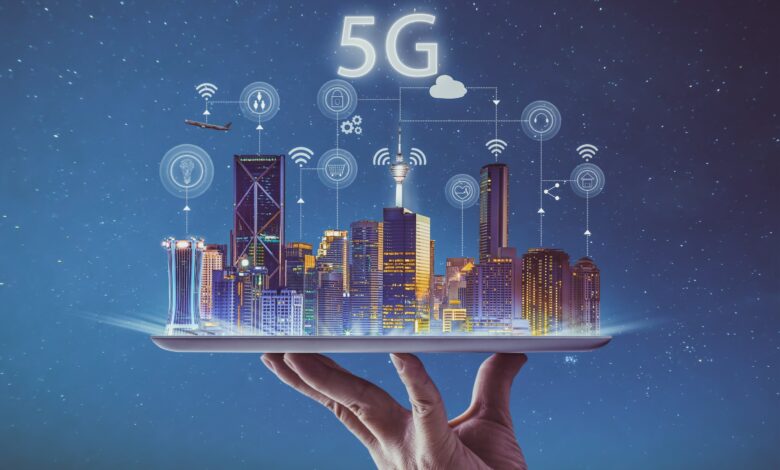5G technology: the future of connectivity and its potential impact on society

5G technology is the next generation of mobile networks and promises to deliver faster speeds, lower latency, and greater reliability than its predecessor, 4G. This technology has the potential to transform the way we live, work, and communicate, and its impact on society is likely to be significant.
One of the most notable benefits of 5G is its speed. With download speeds of up to 10 Gbps, 5G networks will be up to 100 times faster than 4G, making it possible to download movies, stream high-quality video, and access cloud-based applications almost instantaneously. This increased speed will also enable new applications and services that were previously not possible, such as remote surgery and autonomous vehicles.
5G also promises lower latency, which is the delay between sending and receiving data. This is particularly important for applications that require real-time responses, such as virtual reality and gaming. With 5G, latency could be reduced to just a few milliseconds, which would enable new experiences and applications that were previously not possible.
Another key feature of 5G is its reliability. With a more robust network infrastructure, 5G promises to deliver more stable connections and fewer dropped calls. This will be particularly important for applications that rely on a consistent connection, such as telemedicine and remote education.
The impact of 5G on society is likely to be significant. Its increased speed, lower latency, and greater reliability will enable new applications and services that could transform industries such as healthcare, transportation, and entertainment. For example, remote surgery could become a reality, enabling doctors to operate on patients in different parts of the world. Autonomous vehicles could become more common, as 5G networks enable faster and more reliable communication between vehicles and their surroundings.
However, there are also potential downsides to 5G. The increased speed and reliability of 5G could lead to an even greater dependence on technology, which could have negative social and psychological effects. There are also concerns about the potential health risks associated with increased exposure to electromagnetic radiation, although the scientific consensus is that 5G is safe.
Overall, 5G technology has the potential to revolutionize the way we live, work, and communicate. Its impact on society is likely to be significant, and it will be important to carefully consider the benefits and risks associated with this technology as it continues to be rolled out.
Another potential impact of 5G on society is its ability to bridge the digital divide. With its faster speeds and greater reliability, 5G could provide high-speed internet access to people in remote or underserved areas, who may not have had access to broadband internet before. This could help to reduce inequality and provide more opportunities for people in these areas.
In addition, 5G could enable more efficient and sustainable use of resources. For example, smart grids that use 5G connectivity could optimize energy usage and reduce waste. Smart transportation systems could also reduce traffic congestion and improve air quality.
However, there are also concerns about the security and privacy implications of 5G. As more devices become connected to the internet, there is a risk of cyber attacks and data breaches. There is also a concern that the increased collection and analysis of data could lead to privacy violations.
Furthermore, the rollout of 5G networks will require significant investment in infrastructure, which could be costly for governments and telecommunications companies. There may also be challenges in terms of regulatory frameworks and ensuring that the benefits of 5G are accessible to all.
In conclusion, 5G technology has the potential to bring significant benefits to society, including faster speeds, lower latency, greater reliability, and the ability to bridge the digital divide. However, it is important to carefully consider the potential downsides of 5G, including its impact on social and psychological well-being, health risks, security and privacy concerns, and the challenges associated with its deployment.

